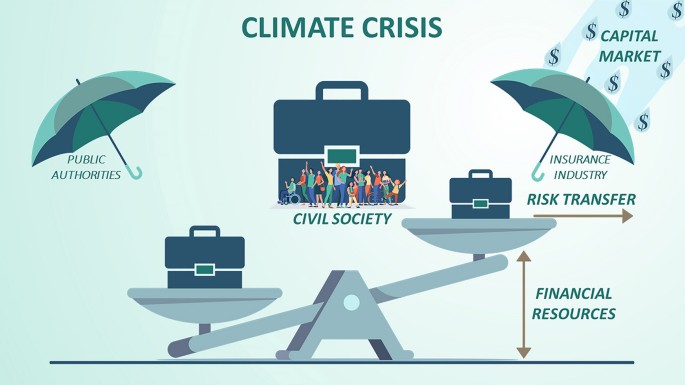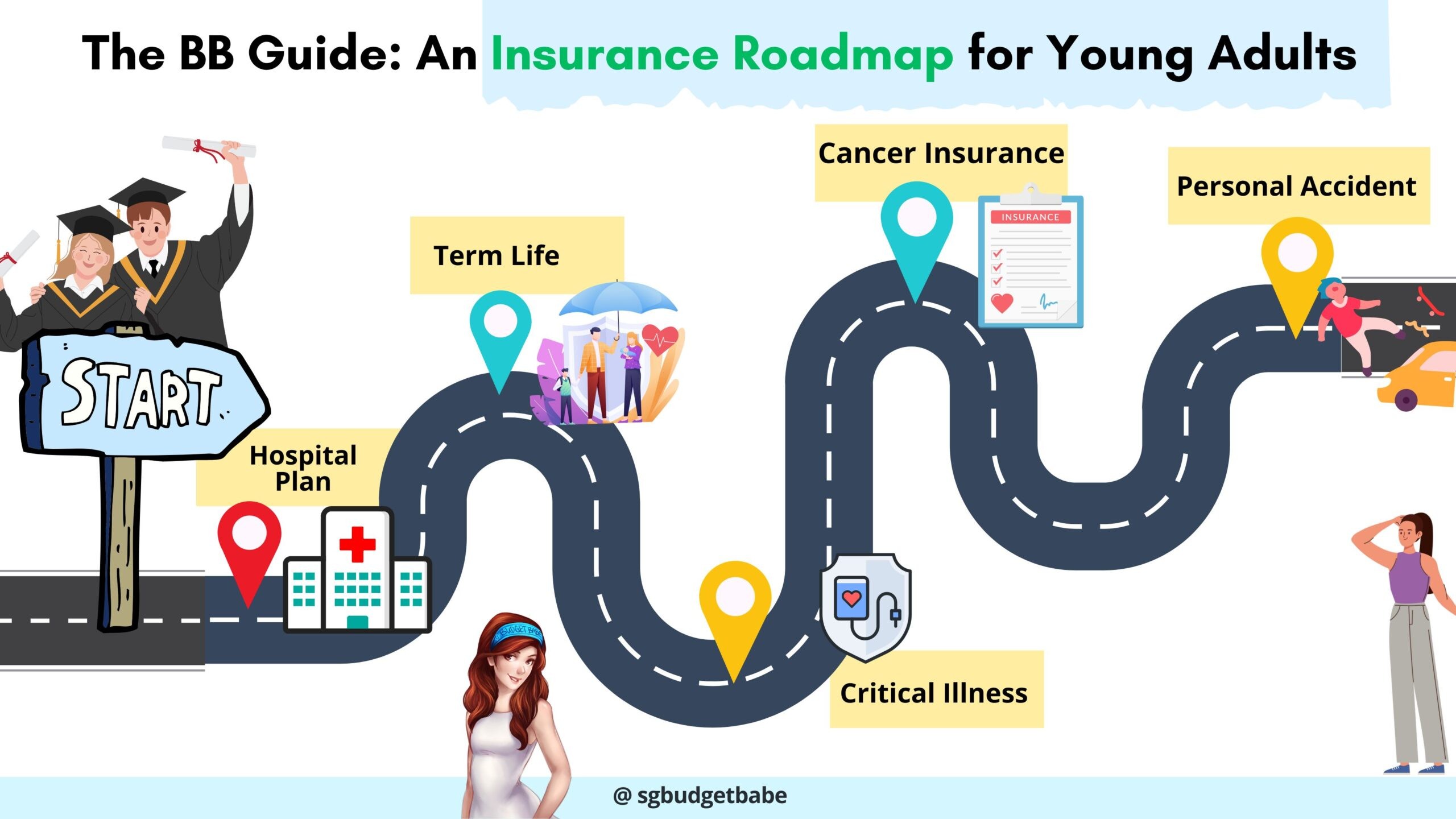The true value of an insurance agent isn’t found in the policy they sell—it’s revealed in the way they guide, advocate, and connect. In a world where digital platforms promise instant quotes and automated coverage, the role of the agent might seem diminished. But for those who’ve navigated complex claims, faced unexpected losses, or tried to make sense of dense policy language, the presence of a skilled, empathetic agent is irreplaceable. Their worth lies not in transactions, but in relationships. They bring clarity to confusion, confidence to uncertainty, and a human touch to a process that can often feel impersonal.
A truly valuable agent begins with listening. Before recommending coverage or quoting a premium, they take the time to understand the client’s life, business, and priorities. They ask questions that go beyond the obvious, uncovering risks that might not be immediately apparent. A family with young children might need more than basic life insurance—they might need guidance on education planning or income protection. A small business owner might think they need property coverage, but an agent might uncover exposure to cyber threats or professional liability. This kind of insight doesn’t come from a checklist—it comes from genuine curiosity and care.
Knowledge is another cornerstone of an agent’s value. Insurance is a complex field, filled with evolving products, shifting regulations, and nuanced language. A valuable agent doesn’t just know the basics—they stay informed, anticipate changes, and translate complexity into clarity. They help clients understand what terms like “actual cash value,” “aggregate limit,” or “named perils” really mean in practice. They don’t just sell coverage—they educate. And that education empowers clients to make informed decisions, not just at the point of purchase, but throughout the life of the policy.
But expertise alone isn’t enough. What sets a truly valuable agent apart is their ability to build trust. Insurance is deeply personal—it touches on health, home, livelihood, and legacy. Clients need to feel that their agent is not just competent, but committed. That trust is built through consistency, transparency, and integrity. It’s reinforced when an agent follows up after a policy is issued, checks in during renewal periods, and responds promptly to questions or concerns. It’s solidified when the agent advocates for the client during a claim, ensuring that the process is fair and that the client feels supported. Trust isn’t built in a single moment—it’s cultivated over time.
Adaptability also plays a role. A valuable agent understands that no two clients are the same, and that needs evolve. They don’t rely on one-size-fits-all solutions. Instead, they tailor coverage to fit the client’s unique circumstances. They adjust recommendations as life changes—when a client gets married, starts a business, buys a home, or enters retirement. They’re proactive, not reactive. They anticipate needs before they become problems. This kind of foresight transforms insurance from a static product into a dynamic strategy.
Communication is another area where agents prove their worth. Insurance documents can be overwhelming, filled with jargon and fine print. A valuable agent breaks it down, explains the implications, and ensures that the client understands what they’re agreeing to. They don’t rush the process—they guide it. They’re patient when clients need time, and assertive when urgency is required. They know when to simplify and when to dive deeper. Their communication style reflects respect, empathy, and professionalism.
Technology has changed the landscape, but it hasn’t replaced the agent—it’s enhanced their role. A valuable agent uses digital tools to streamline service, but never loses the human connection. They might offer online policy management, virtual consultations, or automated reminders, but they’re still available for real conversations. They use technology to be more responsive, more efficient, and more accessible. But they never let it become a barrier to personal engagement. In fact, the best agents use technology to deepen relationships, not dilute them.
During a claim, the agent’s value becomes especially clear. This is when emotions run high, and the stakes are real. A truly valuable agent doesn’t just hand off the process to a claims department—they stay involved. They help gather documentation, explain timelines, and advocate for fair treatment. They’re a steady presence in a moment of disruption. Their involvement can mean the difference between a frustrating experience and a reassuring one. They don’t just facilitate—they care.
Ultimately, what makes an agent truly valuable is their ability to connect protection with purpose. They don’t just sell policies—they help people safeguard what matters most. They understand that insurance isn’t about fear—it’s about confidence. It’s about knowing that if something goes wrong, you’re not alone. That kind of assurance can’t be automated. It comes from a relationship built on trust, expertise, and empathy. And that relationship is what makes an agent not just useful, but indispensable.




